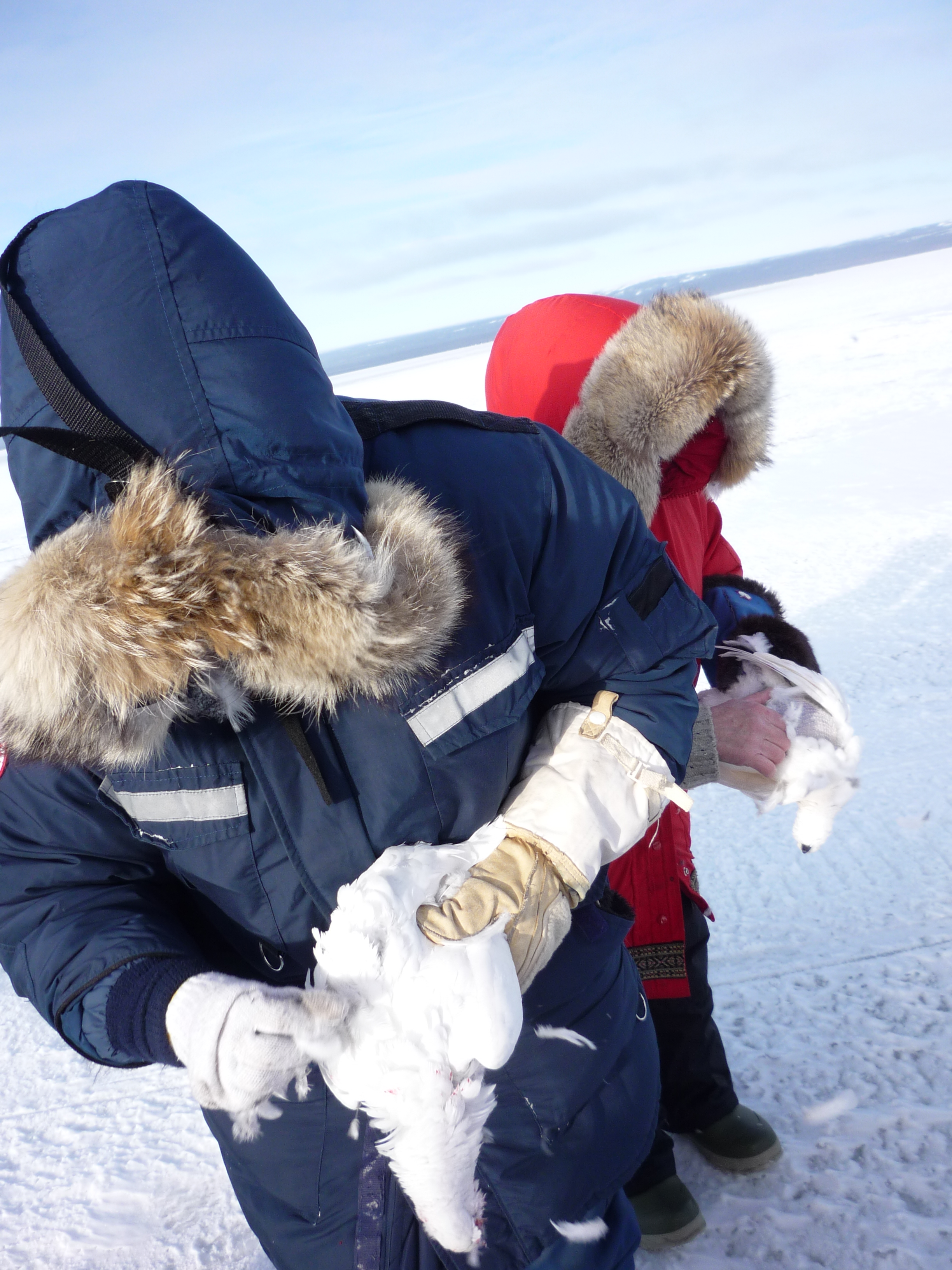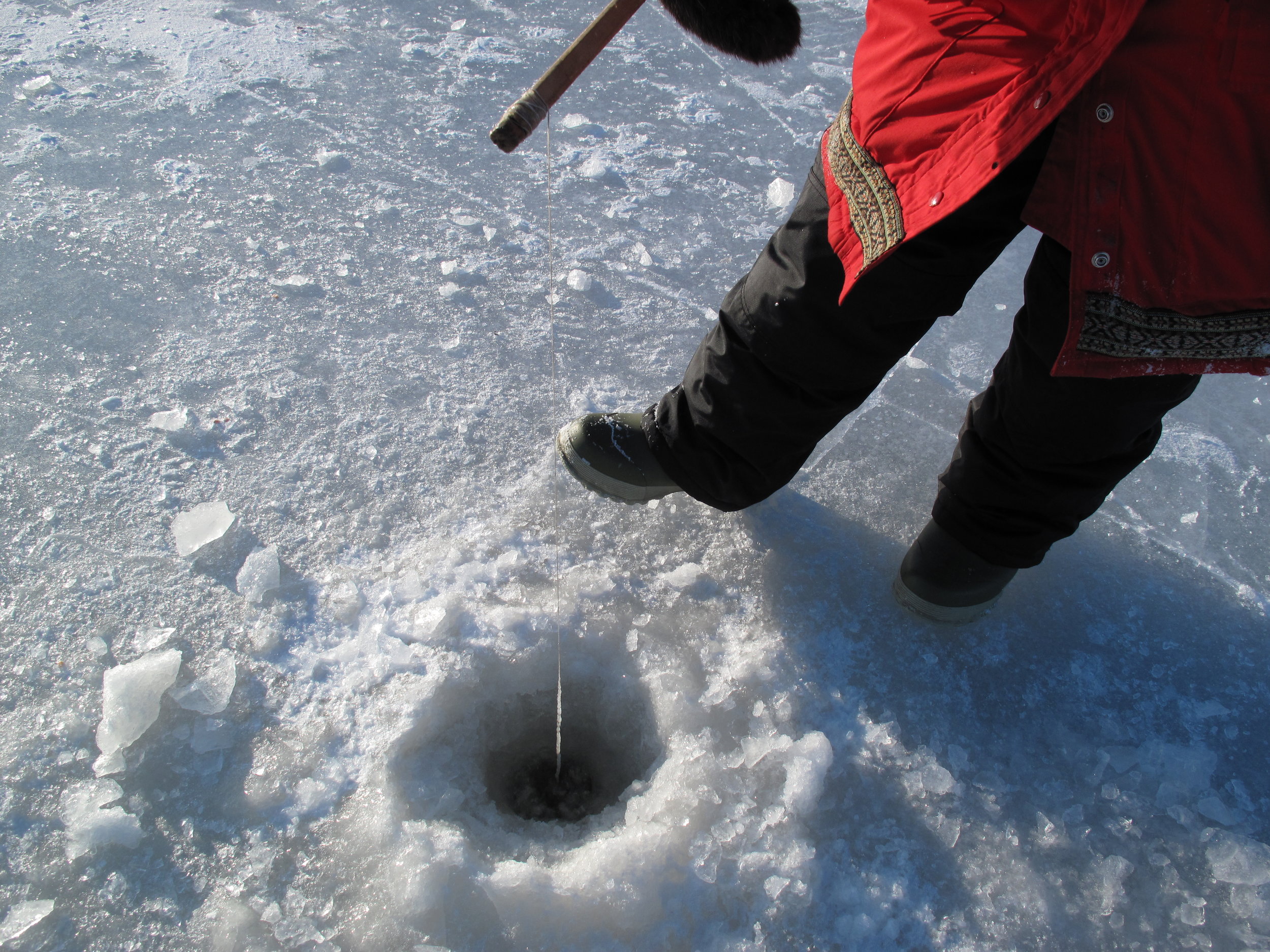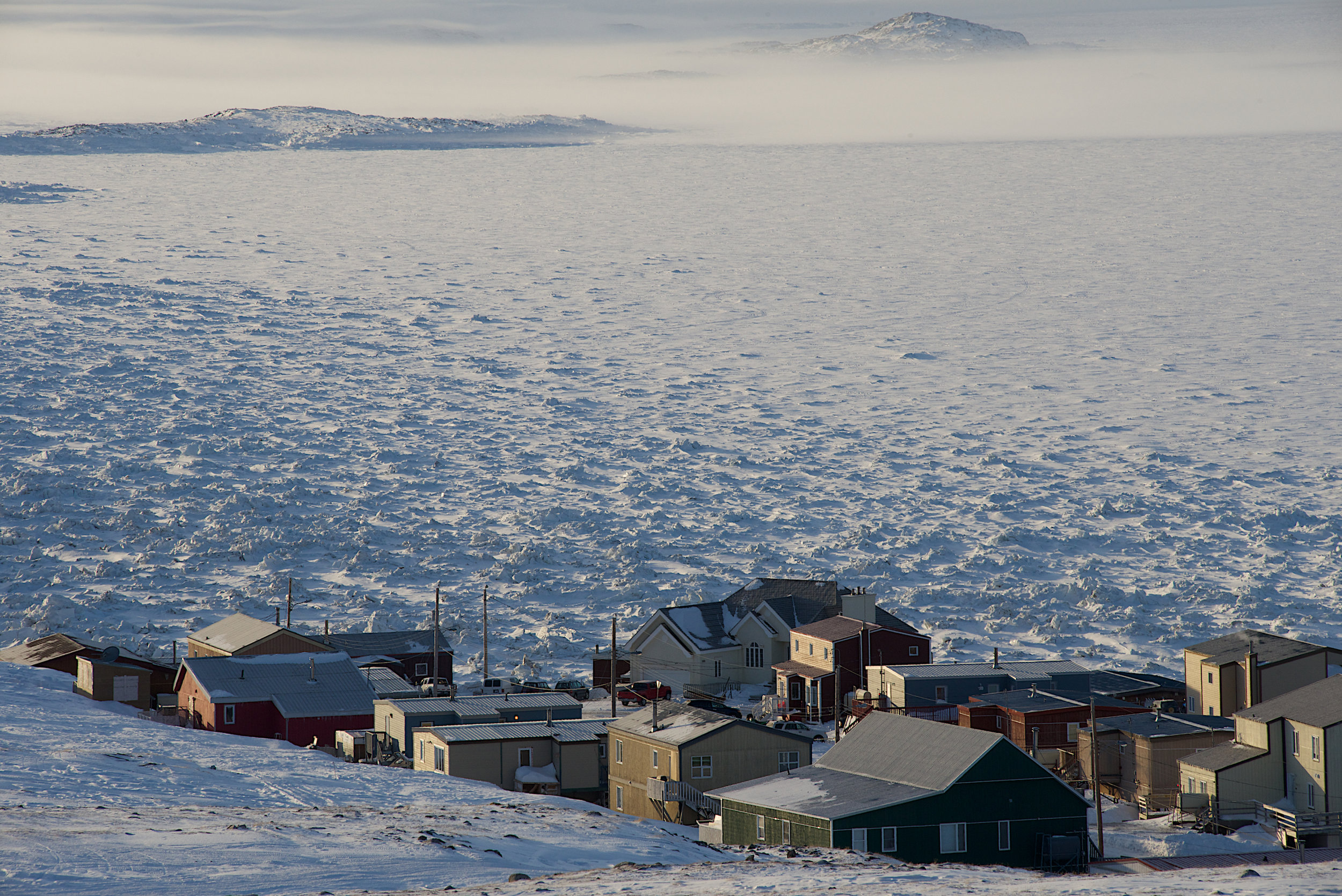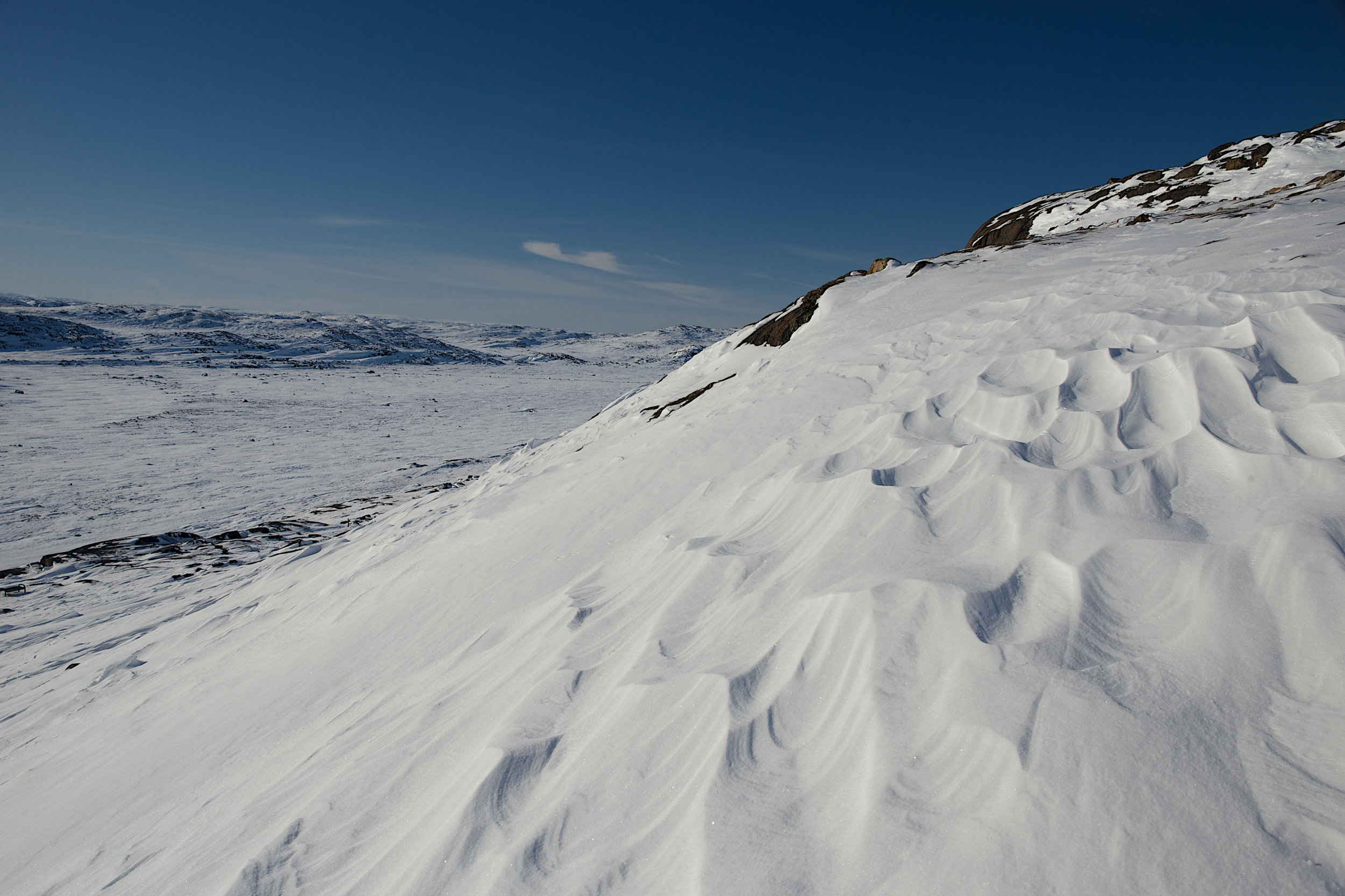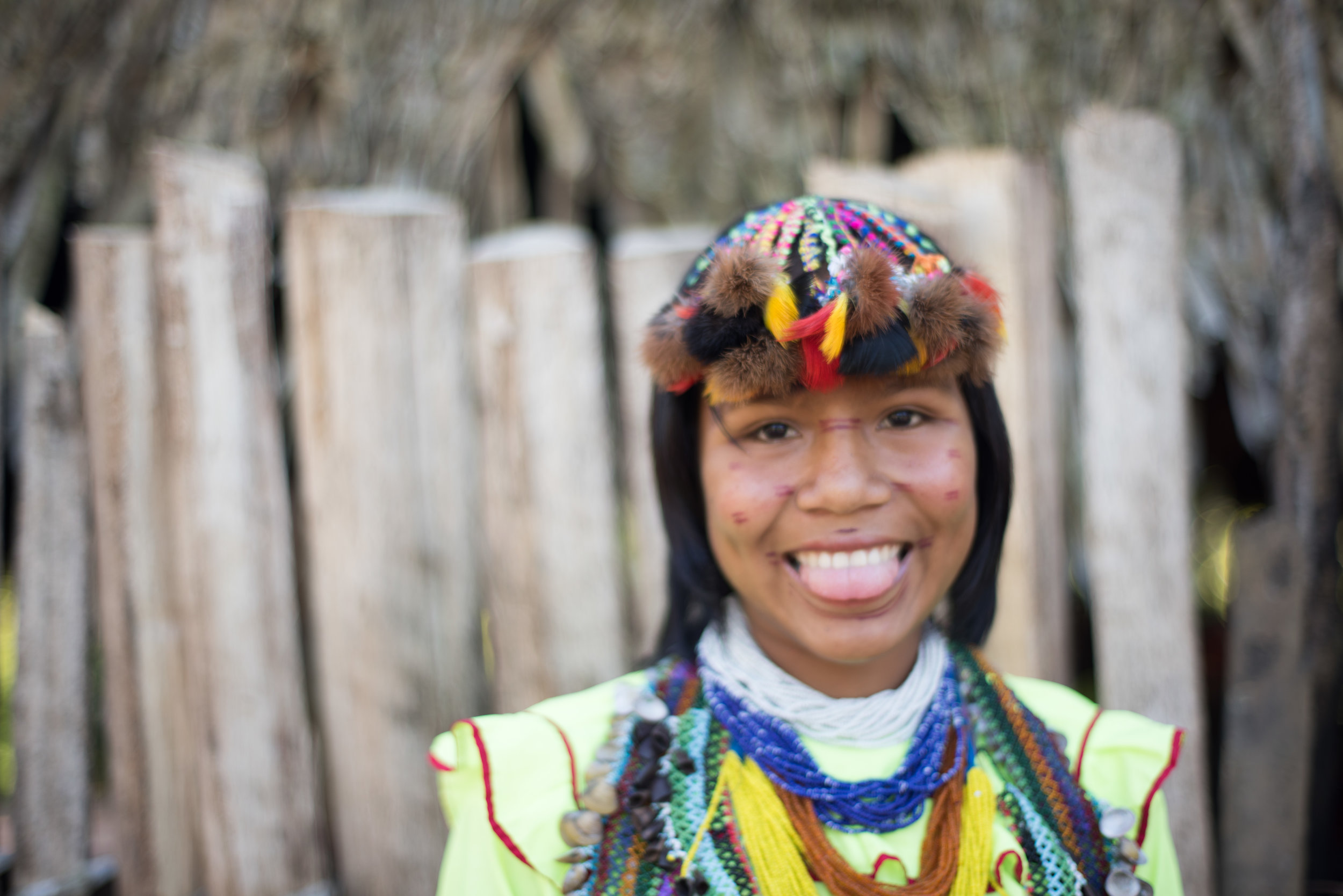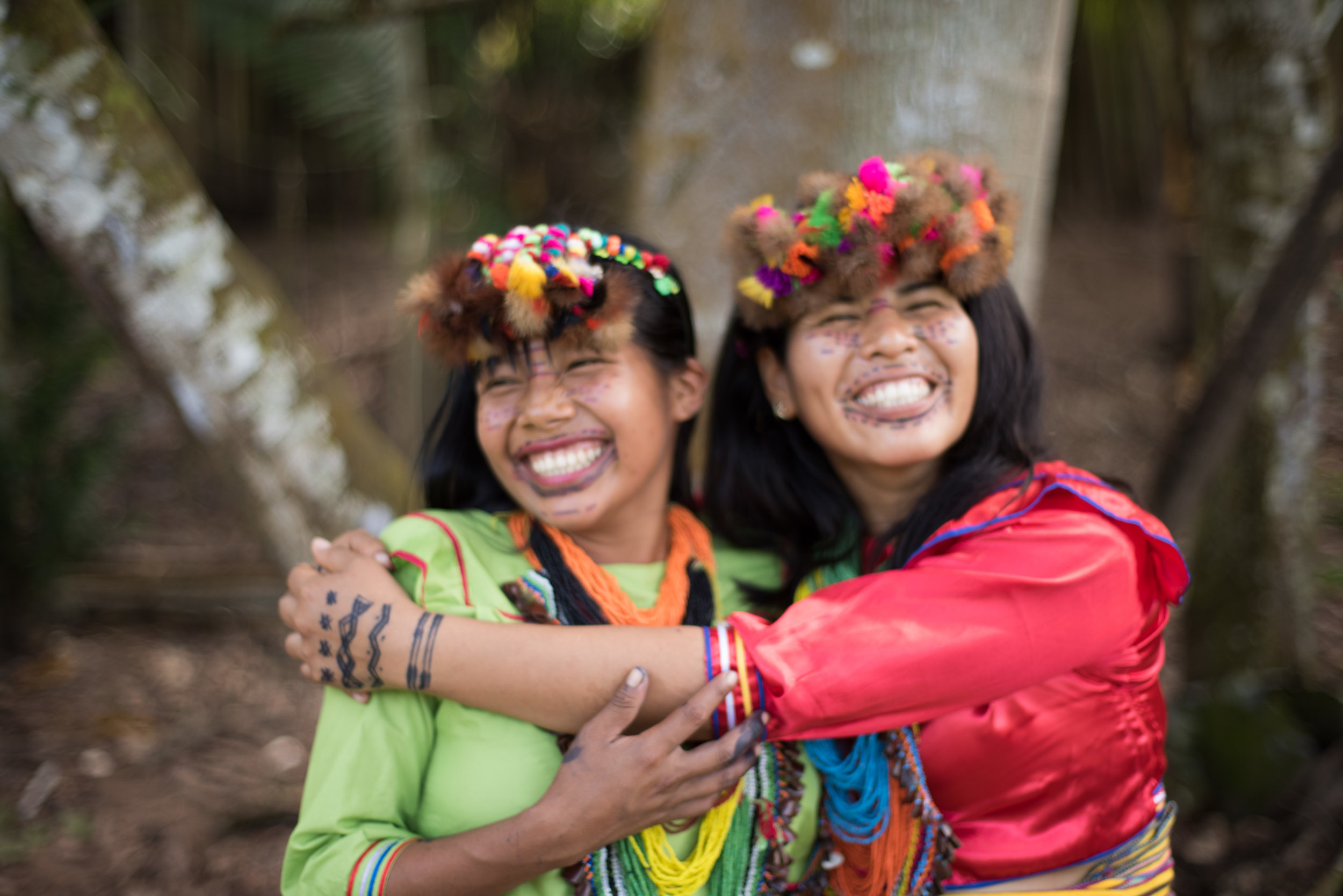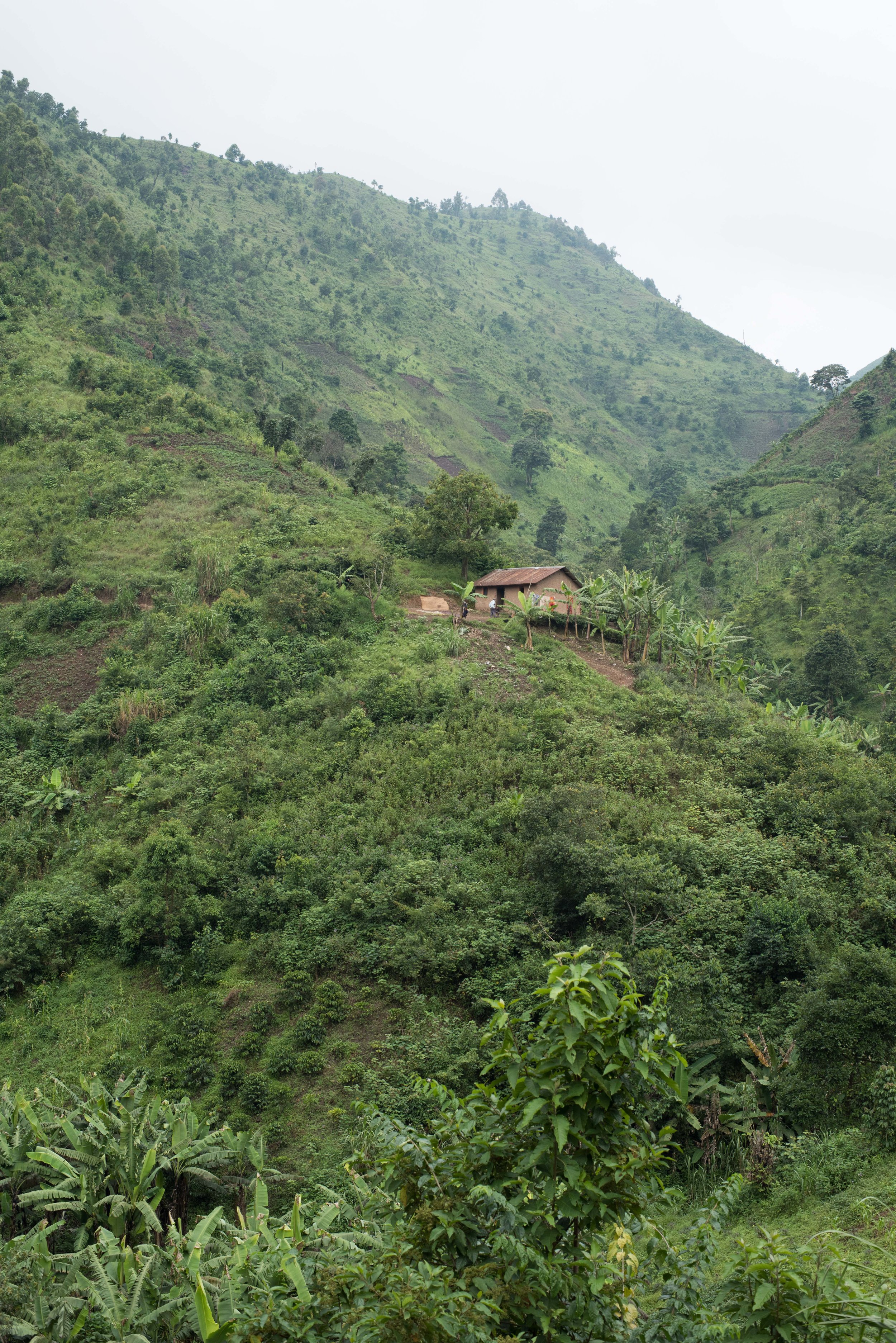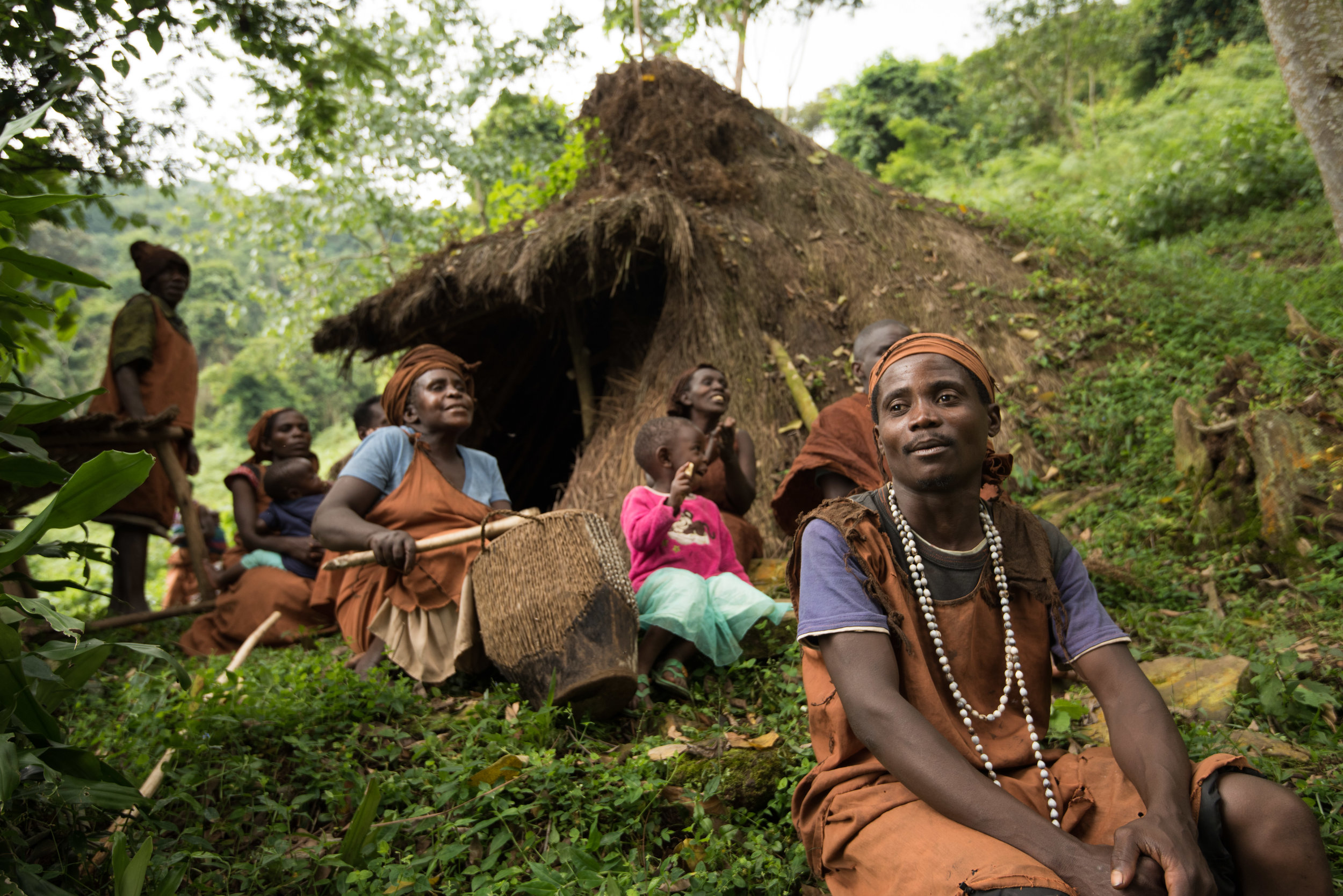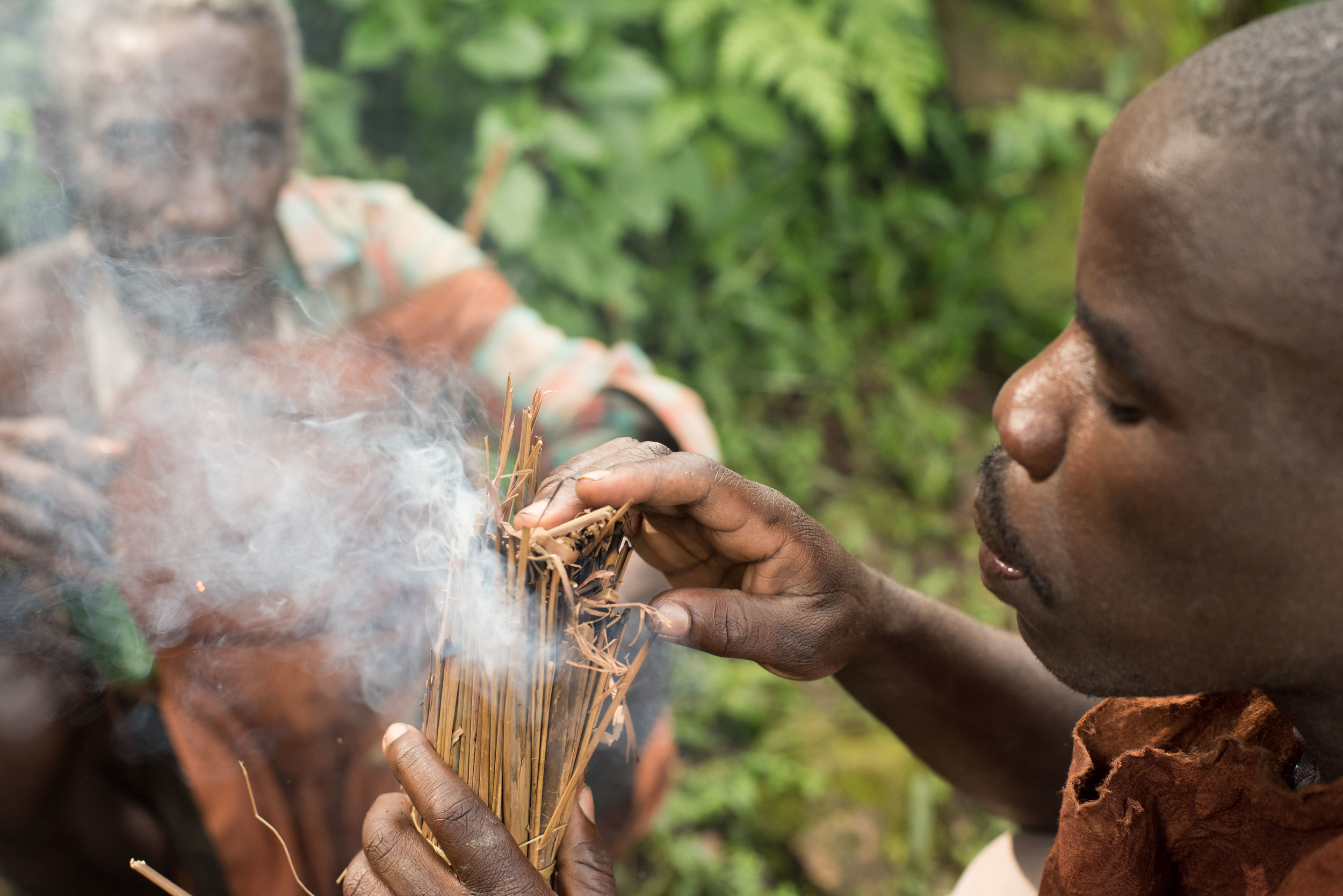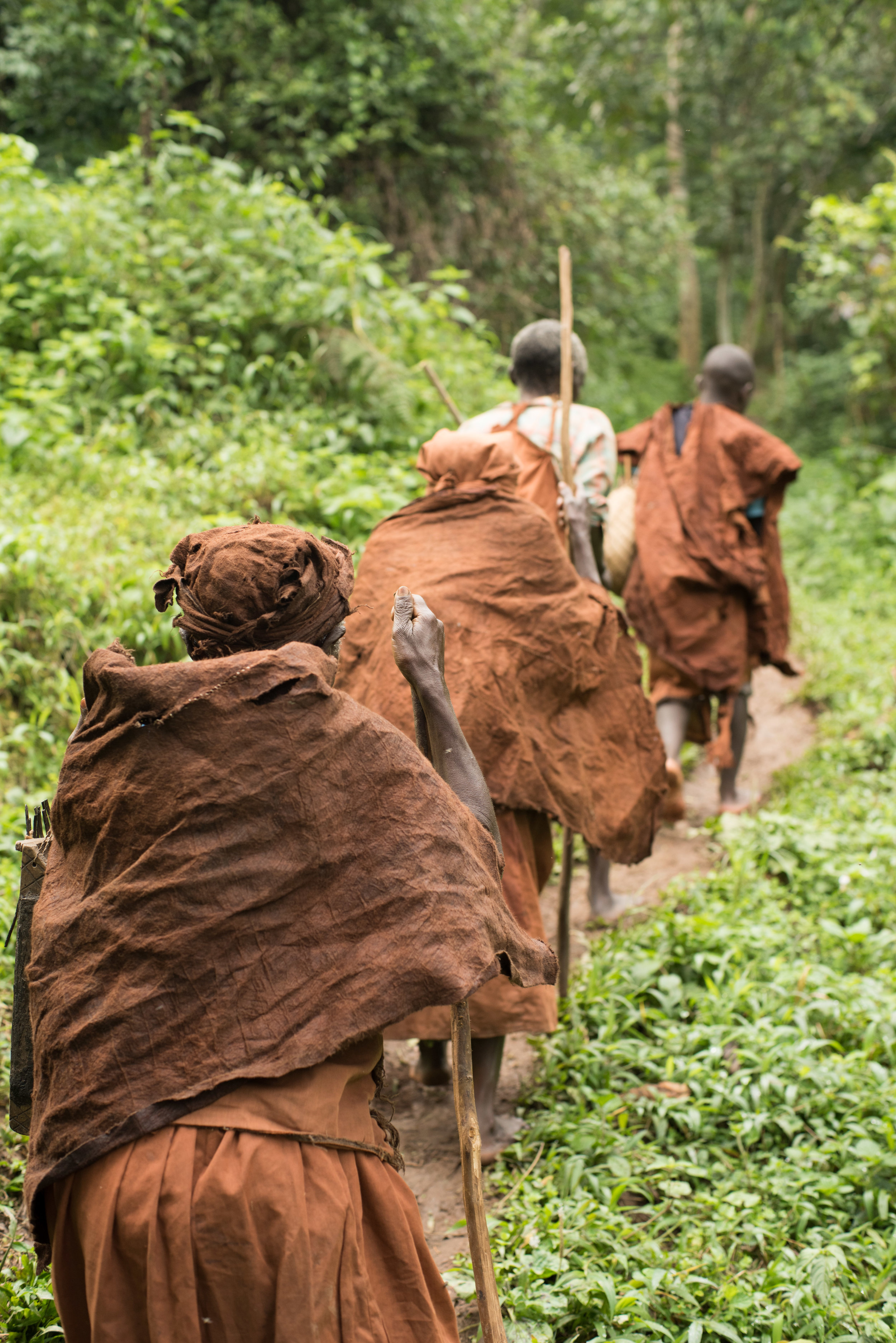Here are Some examples of our projects…
Indigenous Health Adaptation to Climate Change Program
The Indigenous Health Adaptation to Climate Change (IHACC) program is working closely with Indigenous peoples and their organizations to create a research program that will contribute towards strengthening health systems in light of a rapidly changing climate. The areas of research focus in this five year project are climate change impacts on waterborne disease, vectorborne disease, foodborne disease, and food security in three remote regions: Bwindi Forest, Uganda (Batwa Pygmies); Peruvian Amazon (Shipibo and Shawi peoples); and the Canadian Arctic (Inuit).
Inuit Traditional Knowledge for Adapting to Health Effects of Climate Change
The "Inuit Traditional Knowledge for Adapting to the Health Effects of Climate Change" (IK-ADAPT) project is a trans-disciplinary initiative that combines scientific research and Inuit traditional knowledge (IK) to develop an evidence base to inform policy and programming to adapt to the health effects of climate change. The 3-year research project focuses on climate change impacts on food security, safety, and waterborne diseases. Working closely with 6 communities across Arctic Canada and knowledge users at multiple levels, the project examines ways to document, conserve, and promote IK to help prevent, prepare for, and manage the health impacts of climate change.
Changing Climate, Changing Health, Changing Stories
This project was a 3 year, community-led, capacity-building research project in the Inuit community of Rigolet, Nunatsiavut. This project examined the impacts of climate change on health and well-being by using qualitative methods and digital media to engage the community in climate-health research and to create locally-appropriate health media. Project outputs included 36 digital stories created by community members, 2 community DVDs, 3 internet based project platforms, creation of the ‘My Word’: Storytelling and Digital Media Lab, a week-long Youth and Elder camp, a 2 week intensive training trip for community employees, 3 community story nights, and the creation of a Rigolet photo book. Research outputs included 5 awards/prizes, 15 media pieces, and 5 manuscripts co-published by the community.
